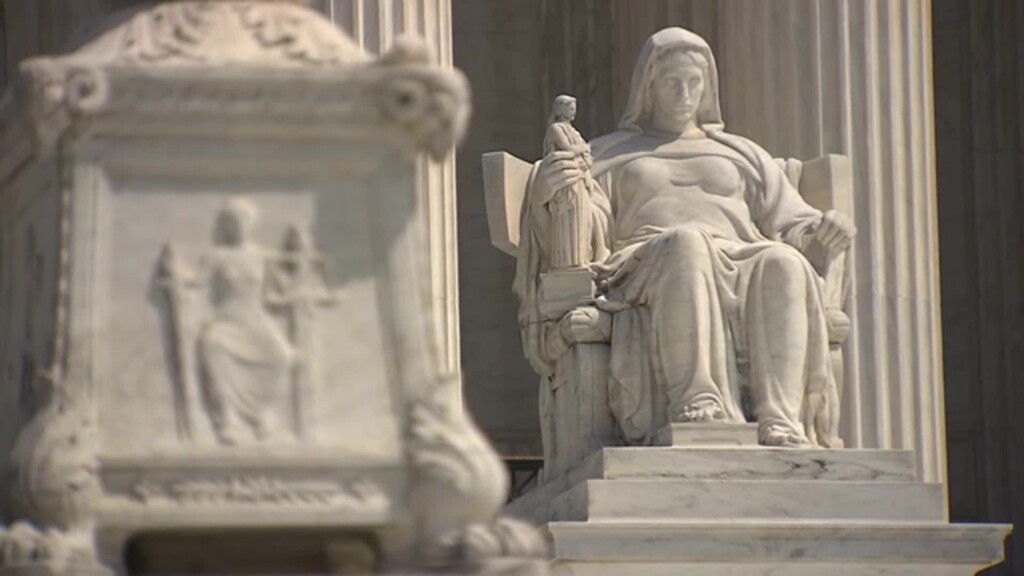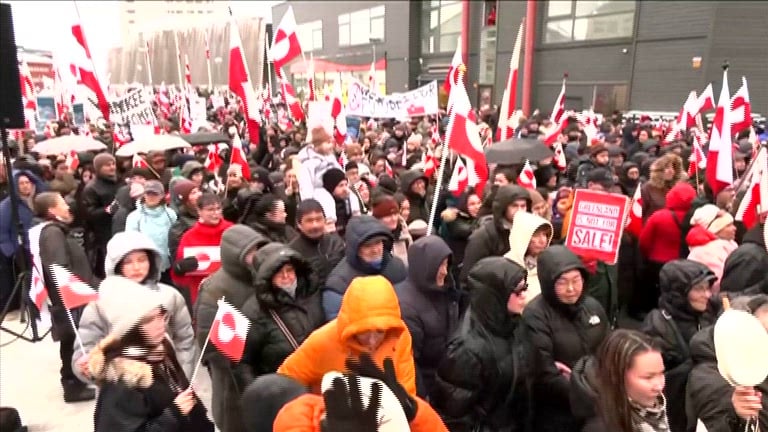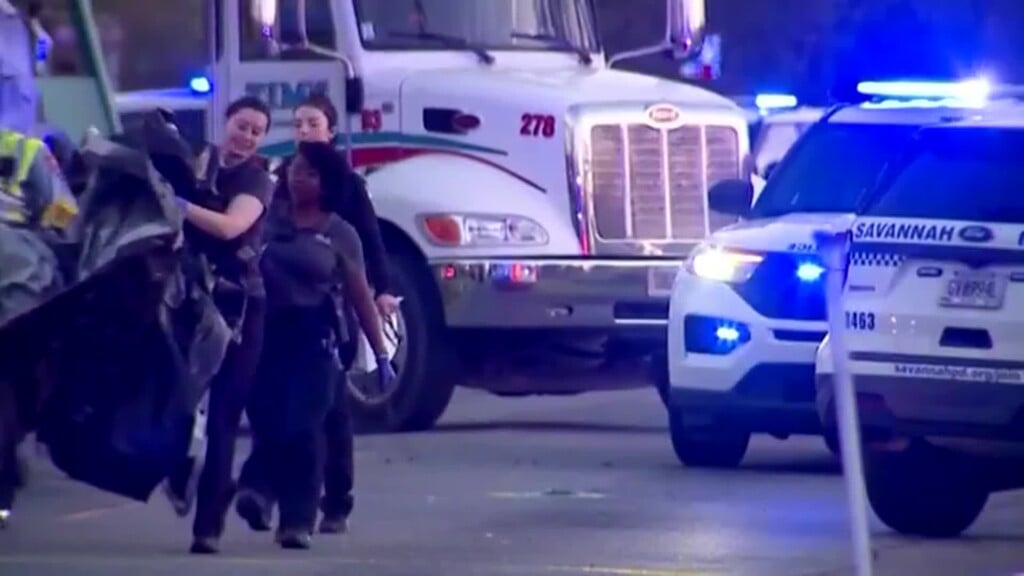Supreme Court allows use of Alien Enemies Act for deportations
The U.S. Supreme Court has ruled in favor of the Trump administration's temporary use of the Alien Enemies Act to deport certain individuals but with key limitations.

(CNN)- The U.S. Supreme Court has ruled in favor of the Trump administration’s temporary use of the Alien Enemies Act to deport certain individuals—specifically alleged Venezuelan gang members—but with key limitations. Legal analyst Elie Honig called the decision “a win for the Trump Administration,” as the ruling overturns a lower court judge’s order that had blocked deportations under the 1798 wartime law. Former Acting Homeland Security Secretary Chad Wolf said the law provides added tools to “target these terrorist organizations.” President Donald Trump celebrated the decision on social media, calling it “a great day for justice.”
However, the high court’s ruling does not give the administration unrestricted power. It allows individuals facing deportation under the Alien Enemies Act to challenge the action—but only in the district where they are being held. The justices emphasized that everyone subjected to deportation under the law should have the chance to contest it.
The ACLU, which represents some of the detainees, called that portion of the ruling a victory. The case gained national attention after Immigration and Customs Enforcement (ICE) sent alleged Venezuelan gang members to a prison in El Salvador—while legal challenges to their deportations were still underway. “They actually, as a practical matter, can get to the courts and not be whisked away in the middle of the night like was originally done in this case,” Honig explained.
In a separate immigration-related ruling, the Supreme Court also said the U.S. government is not obligated to bring back a Maryland man who was wrongly deported to El Salvador. Simon Sandoval-Moshenberg, the attorney representing the man’s family, criticized the decision: “That they can whisk someone out of the country by accident and then have no responsibility to fix what they’ve broken just doesn’t make sense… and is also just disturbing as a matter of constitutional law.”



